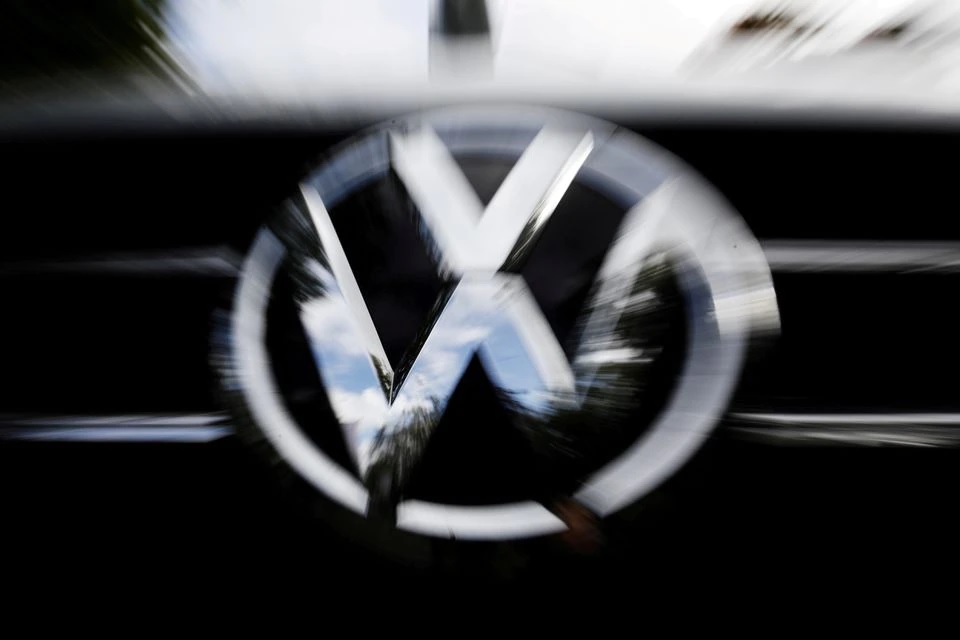LONDON, Oct 28 (Reuters) – The global semiconductor chip shortage cost Volkswagen and Stellantis a combined 1.4 million vehicles in lost production in the third quarter, Europe’s two biggest carmakers said on Thursday, though both reported some early signs of improvement.
Volkswagen AG (VOWG_p.DE), Europe’s top car company and also the world’s No. 2, cut its outlook for deliveries, toned down sales expectations and warned of cost cuts as it reported lower-than-expected quarterly operating profit.
Stellantis (STLA.MI), the world’s fourth largest automaker, posted a 14% fall in pro-forma quarterly revenue after chip shortages cut planned quarterly production by 30%, or 600,000 vehicles.
But he added supply chain problems meant it was hard to make predictions about the scarcity of automotive semiconductors, which has plagued the industry for most of the year.
Carmakers, which shuttered plants as the COVID-19 pandemic took hold last year, have found themselves competing against the sprawling consumer electronics industry for chip supplies.
The shortage of chips, used in everything from brake sensors to power steering to entertainment systems, has led automakers around the world to cut or suspend production, pushing up both new and used vehicle prices amid robust demand from consumers.
Palmer told analysts that, “given the volatility of the market,” Stellantis was not currently expecting large production increases in 2022, but would focus more on maintaining price levels while battling rising raw material costs.
Volkswagen finance chief Arno Antlitz said chip shortages “made it abundantly clear to us that we are not yet resilient enough to fluctuations in capacity utilization.”
Volkswagen’s made a third-quarter operating profit of 2.8 billion euros ($3.3 billion), down 12% on last year and lower than the 2.99 billion Refinitiv forecast. But the company, aiming to overtake Tesla (TSLA.O) as the world’s largest seller of electric vehicles (EVs) by mid-decade, confirmed its operating profit margin target of 6.0-7.5% for 2021.
Stellantis, formed at the beginning of the year from the merger of Fiat Chrysler and France’s PSA, confirmed its full-year target for an adjusted operating profit margin of around 10%.











